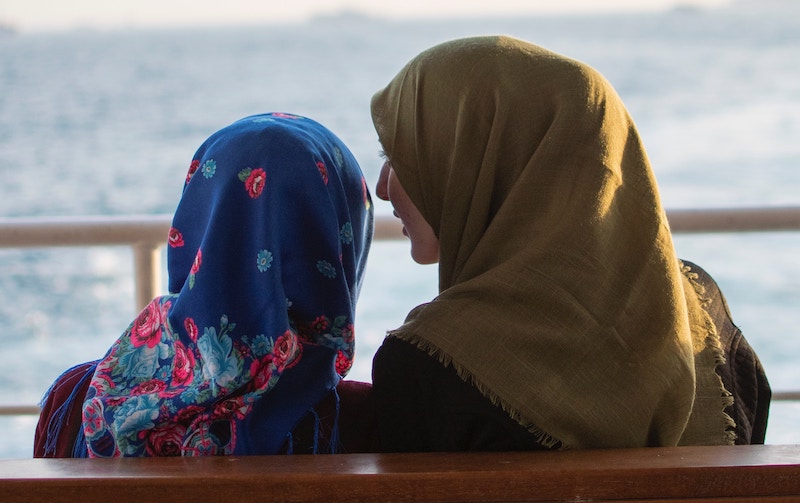A study carried out by a National University of Singapore’s Lee Kuan Yew School of Public Policy think tank uncovered a disquieting revelation: About 15 percent of Singaporeans feel threatened by Muslims.
A relatively small group, but still a group that believes that the Muslim community (14.7 percent of Singapore’s population) have malicious intentions. In proof that people fear what they don’t understand, folks who live in private housing such as landed properties, condos, and private apartments were found to be more likely to think that Muslims are threats, as compared to folks who dwell in public housing, where there’s more ethnic and religious diversity.
The study conducted by the Institute of Policy Studies (IPS) analyzed data from a multi-country survey carried out last year, with a random sample of 1,800 Singaporean respondents interviewed on issues relating to their perception on religion.
“Religion is an influential and powerful force that seeps into multiple domains of public and private life,” the IPS researchers wrote. “Tracking the expansive reach and influence of religion is thus crucial in maintaining interreligious harmony and surveying public sentiment in public policy.”
Among some of the findings:
- Muslims, Hindus, and Christians are most likely to find homosexual sex always wrong, but the younger and more educated respondents are less likely to believe the same.
- 72.7 percent feel that people of different religious backgrounds can get along well when living close together, with Muslims and Christians being more likely to feel as such.
- Respondents were more likely to view Christians, Buddhists, and atheists positively, but 15.6 percent of respondents expressed that Muslims were threatening. Buddhists and Hindus had the most positive view of Muslims, while a minority of Catholics, Christians, and non-believers viewed Muslims as a threat.
- Buddhists, Hindus, Jews, and non-believers were viewed as least threatening.
- While 15.6 percent believe that Muslims are either somewhat threatening or very threatening, 6.5 percent believe the same about Christians — particularly by respondents with no religion.
- Even though respondents who dwell in private housing were more likely to be morally liberal compared to those who dwell in public housing, they were more likely to think that Muslims are threats.
- In terms of politics, 76.1 percent agreed that a country’s laws should not be based on religion.
- A huge 97.4 percent of respondents believe that it’s unacceptable for religious leaders to incite hatred or violence against other religions.
- Surprisingly, 26.8 percent are open to religious extremists publishing their views online, with the younger respondents being more open to letting extremist views by published.
- 53.2 percent of respondents have no doubts at all about the existence of God, with the more educated respondents being less likely to take an absolute stand about it.
Despite some of the perturbing highlights from the findings, IPS concluded that inter-religious harmony remains generally respected.
“On the whole, the survey paints a favorable picture of religion in Singapore,” wrote the IPD researchers.
“Though there is a fairly large proportion of religious Singaporean residents, they appreciate the positive inter-religious relations here and recognize behaviors that are not in keeping with inter-religious peace.”





Reader Interactions